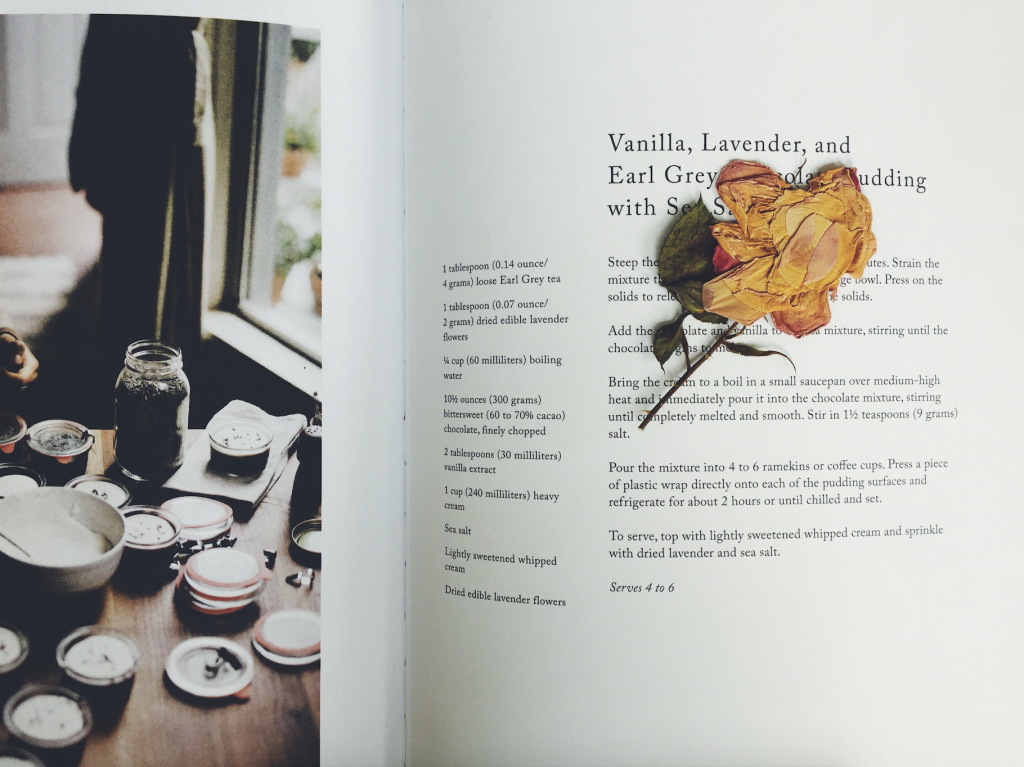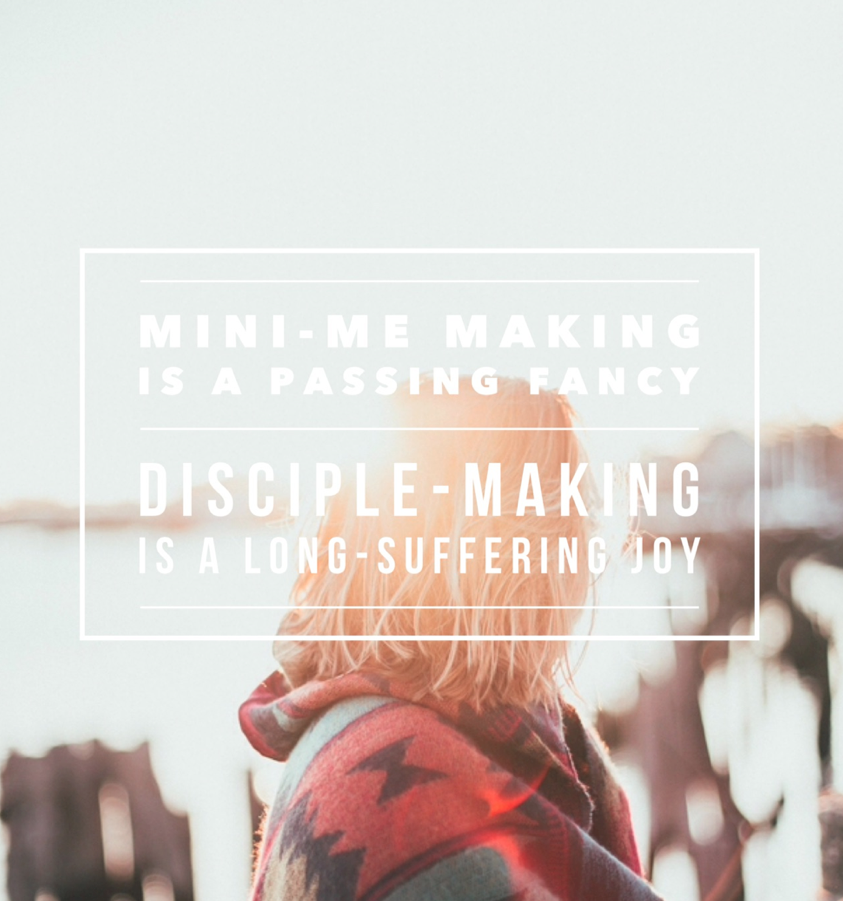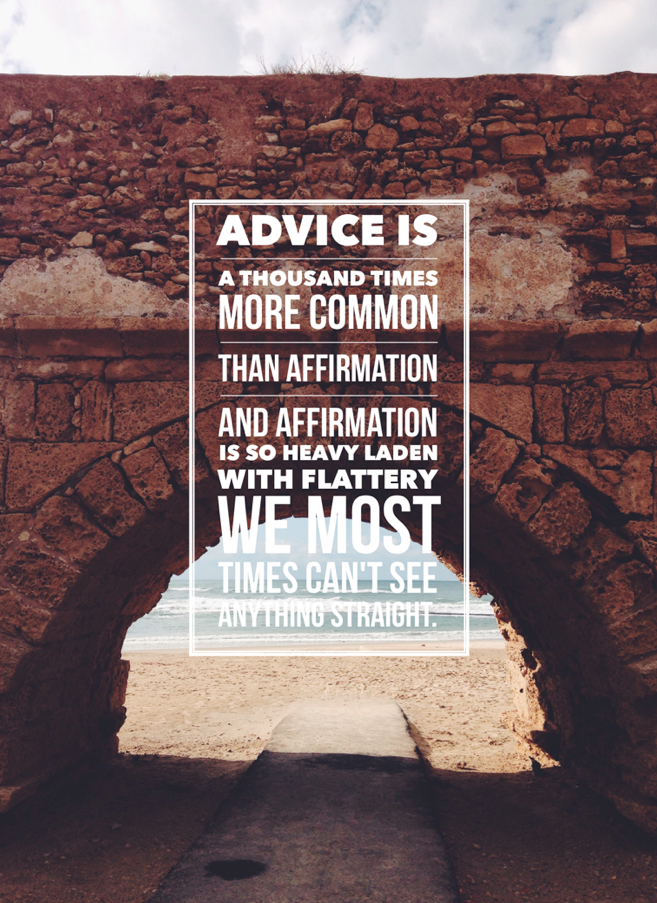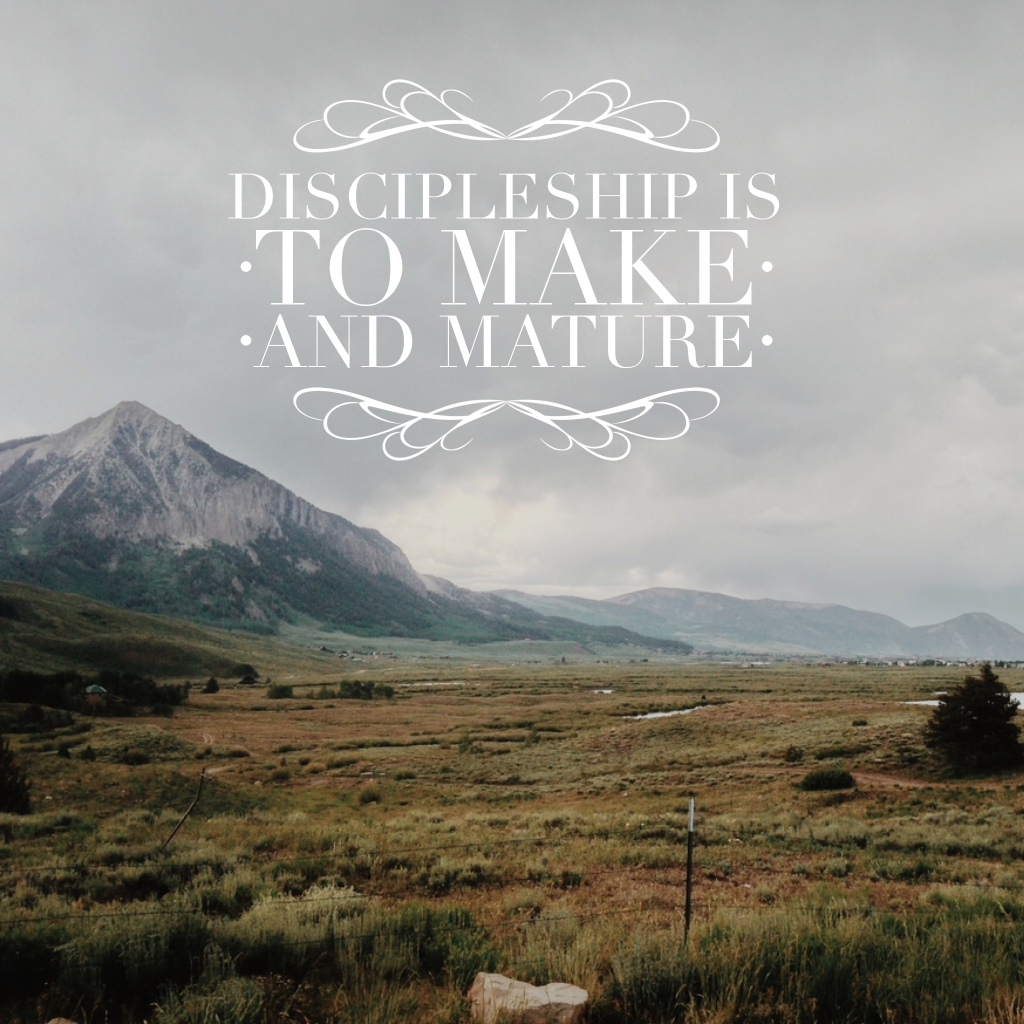Marriage is as One Long Conversation
The old philosopher said, "Marriage is as one long conversation. When marrying you should ask yourself this question: do you believe you are going to enjoy talking with this woman into your old age? Everything else in a marriage is transitory, but most of the time you're together will be devoted to conversation.” The old philosopher was right, but as with all bits of rightness, it ought to be understood in its place.
I have always known marriage was not an easy conversation. I am of Scotch-Irish descent; men in my family love their beer and asserting opinions, and as for the women, there's a demure outside but on the inside it's all fire and spit. Most conversations were spent seeing who could talk the loudest the longest without throwing the first punch—even if the punch was merely metaphorical.
When I began to grow outside the incubator of family alone, I saw the long conversation of marriage through a different lens. These marriages were built on the scaffolding of details: who is supposed to be where and when and how, who needs to be picked up, what's for dinner, what should we do about this child or that one. There was an ordinariness to the conversations of marriage, unaccompanied by emotive, defensive jabs at the other. It seemed simplistic. I know now it's because I was not in the middle of those marriages as I was in the middle of the marriages in my family, and when we are in the middle of something all our own, we see all its inconsistencies and broken-places.
As I stepped into adulthood and was able to see my skewed perspective of childhood and adolescence both, I began to see marriage was a long conversation, but the tone of voice could change it from a pleasant one to a violent one. Armed with this newfound knowledge of tone, intention, nuance, and even love, I began to assume all the long conversations of marriage could be blissful. A constant sharing of ideas and delights and hurts and confusions, a true partnership. Whenever I thought of being married it was the long conversation I looked forward to most.
Marriage has been that for me and Nate. The cusp of our friendship was on deep conversation, leading to dates full of long, easy talks, quiet pauses, intentional listening, and slow responses. This was the long conversation of marriage I wanted, I could see that clearly from our first date.
The long conversations become subject to the tyranny of the urgent, though, as most things can. A few weeks ago there were twelve decisions that needed to be made and seven of them required quick conversations but the other five required depth, time, focus, and charity. We were short on all of that, though, and so if the conversations were going to be had, they were going to be had on the surface, quickly, while we multi-tasked, and were short with one another. As with most conversations built on bedrocks like that, we needed to repent later to one another.
The urgent doesn't let up, though, does it? There is always someone who needs an answer or thinks they need an answer, or wants one. There is always something that must be signed up for or paid or responded to or agreed upon. There is always something left unfinished, unsaid, unsealed. I have learned to say to others, "I want to talk to Nate about that first," but the when of talking sometimes comes slowly or is mingled among the other conversations, never finished.
Nate and I practice (and by practice, I mean we are very unproficient at this and must practice) the discipline of saying "No," to ourselves, our minds, our friends, and the tyranny of the urgent. If, in saying no, we find ourselves disappointed or others disappointed by our lack of a quick answer—this is the discipline of the practice. This is the sacrifice, the hurt, the pain. This is where we admit to ourselves and to others that we are not God, as much as we sometimes think we would like to be.
I think about Jesus in John 16. He says to his disciples and friends, "I tell you the truth: it is to your advantage that I go away, for if I do not go away, the Helper will not come to you." I think about how often we fill conversation simply because we do not want to feel the lack of the incarnate Christ and we do not want to wait for the Holy Spirit to do what only he can do. We are uncomfortable with the long silences, afraid the Spirit will not do what He does: move.
Yesterday morning, in the early hours of our day of rest, Nate mentioned some conversations we've left unfinished this week, answers others expect. And then he said this: I want to pray about these things, ask the Holy Spirit to give us wisdom, humility, and a direction, even more than we simply talk about them. And then, for the rest of the day, we didn't talk about things we could not solve on that day. We left space for the Spirit to enter in, give peace or withhold it.
Marriage is one long conversation, but it is not, primarily, a conversation between two, but three. If we find the conversation to be focused on just two, it may go the brawling way of my family, or it may go the stoic way of my checklisting friends. But, I think, if we move ourselves away from one another for a moment, stop talking and begin listening, not primarily to one another but to the Holy Spirit, we may find that conversation more robust, full, and gentle than we could have imagined before. We may leave more things unfinished, more things unsaid, more events unattended, and more lists unchecked, but I do not think we will leave less full.
If you're married today, what might it look like to still the conversation—even about the rudimentary things or the things that seem pressing and necessary—and begin to recognize the presence of the Holy Spirit in this longest conversation of your life?
If you're not married today, what might it look like to trust the Spirit is still at work in all the seeming silences of your life? In the lonely places where you long for conversation, how can you exercise listening to the Helper, learning from him, and obeying him as he perhaps prepares you for the long conversation of earthly marriage and definitely prepares you for the long conversation of eternity?


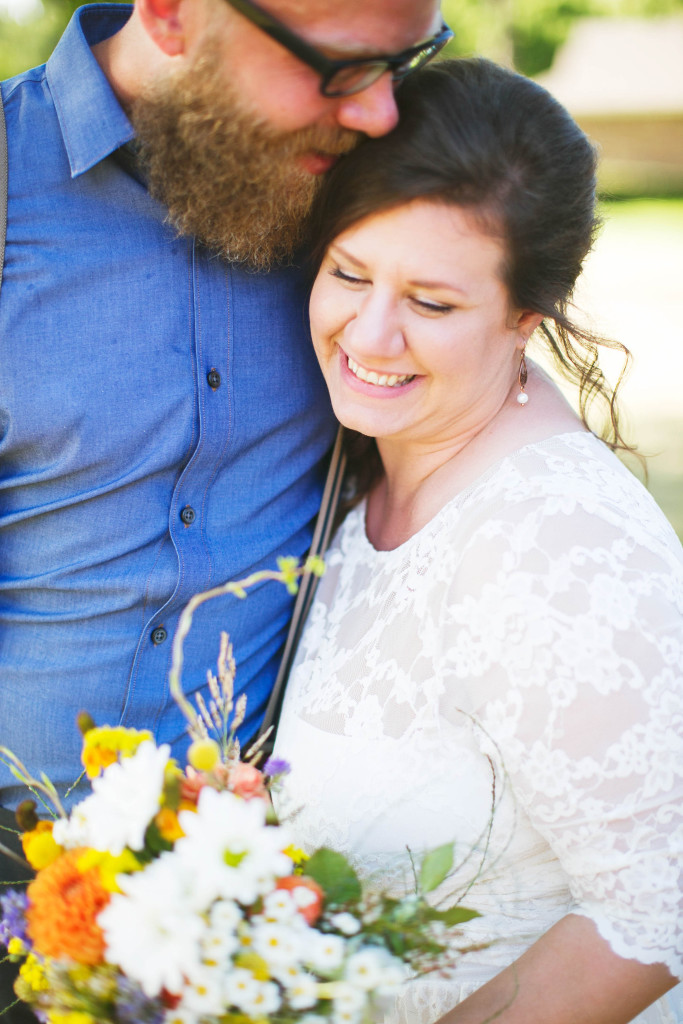
 Before I got married and was asked to write on singleness every other day, one of the questions I'd be asked often was, "How can married women encourage their unmarried sisters." I thought a lot about this question because I think it's a good one, but also because it can be easy to forget some pains of singleness once the vows are said.
In order for us to truly mourn with those who mourn and rejoice with those who rejoice, it takes a great amount of empathy—entering into the sadness, fears, and joys of our sisters and brothers in Christ. What is unfortunate, though, is that the question is rarely flipped the other way around. "How can unmarried women encourage their married sisters?" I think this is perhaps due to an incorrect view that those who are unmarried are somehow lesser than and therefore need greater amounts of encouragement than those who are married. This simply isn't true. What is true is that an unmarried person has distinct and perfect gifts designed by God for their season, and a married person has distinct and perfect gifts designed by God for theirs. No one is less than, or has less than—though it's hard to believe that as an unmarried person who longs for what your sisters and brothers have through their spouses.
Before I got married and was asked to write on singleness every other day, one of the questions I'd be asked often was, "How can married women encourage their unmarried sisters." I thought a lot about this question because I think it's a good one, but also because it can be easy to forget some pains of singleness once the vows are said.
In order for us to truly mourn with those who mourn and rejoice with those who rejoice, it takes a great amount of empathy—entering into the sadness, fears, and joys of our sisters and brothers in Christ. What is unfortunate, though, is that the question is rarely flipped the other way around. "How can unmarried women encourage their married sisters?" I think this is perhaps due to an incorrect view that those who are unmarried are somehow lesser than and therefore need greater amounts of encouragement than those who are married. This simply isn't true. What is true is that an unmarried person has distinct and perfect gifts designed by God for their season, and a married person has distinct and perfect gifts designed by God for theirs. No one is less than, or has less than—though it's hard to believe that as an unmarried person who longs for what your sisters and brothers have through their spouses.

